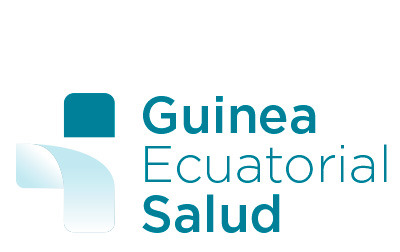23 Nov The Law on Sexual and Reproductive Rights is approved in the Republic of Equatorial Guinea

Team that has made it possible: the legalistic expert Dr Sergio Esono Abeso Tomo from the T&E firm, Dr. Manuel Ondo Oyono (Gynecologist) and Dr. Oumar Balde (Advisor to the Ministry on Project Development)
The Chamber of Deputies of the Republic of Equatorial Guinea today approved the Law on Sexual and Reproductive Rights. An essential law in our country that regulates assisted reproductive techniques, surrogacy and promotes equitable and sustainable access to sexual and reproductive health services for different groups of the population. With this regularization legal structure is given to an already existing health problem within many Equatoguinean families.
“The Law on Sexual and Reproductive Rights contemplates novel aspects such as the application of assisted reproduction techniques in the prevention and treatment of diseases of genetic origin. I would like to emphasize that cloning in human beings for reproductive purposes is prohibited, as provided by International Law, ”explained the Deputy Minister of Health and Social Welfare, Mitoha Ondo’o Ayekaba.
The law contemplates the right to family planning and regulates issues such as contraceptive services and therapeutic abortion, as well as the right to informed and voluntary sterilization (via tubal ligation or vasectomy). Aspects such as comprehensive health care for women are considered, including information, prevention and treatment of obstetric gynecological cancer and obstetric fistula, and genital mutilation is penalized.

Regarding the right of couples to access assisted reproductive technologies, through a comprehensive care process, the Law establishes the requirements of assisted reproduction centers and services, regulates the donation of gametes and pre-embryos as a donation that will never be lucrative. or commercial and establishes the conditions of gestation by substitution, among other aspects.
Communication Office of the Vice Minister of Health and Social Welfare, Mitoha Ondo’o Ayekaba

